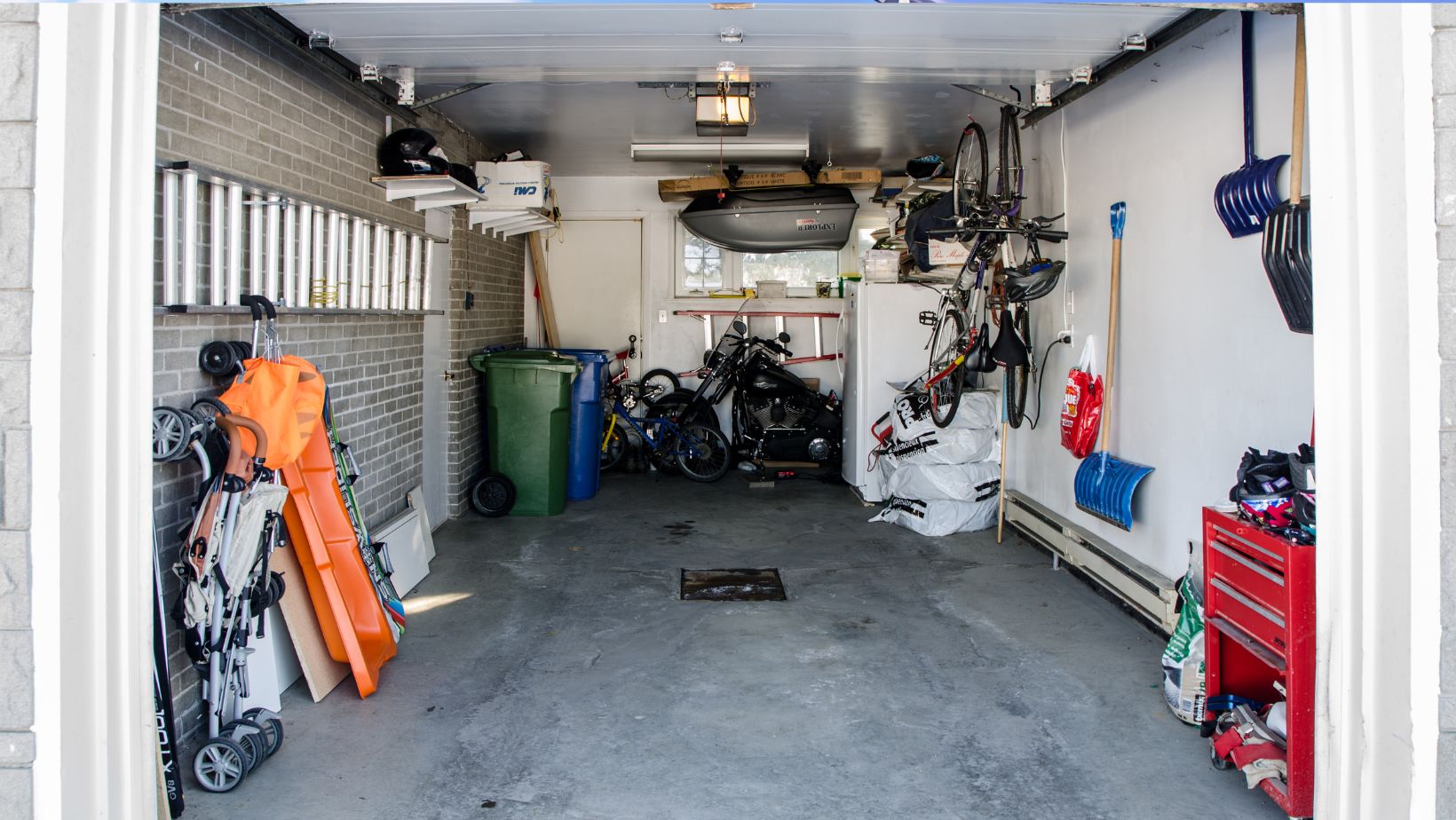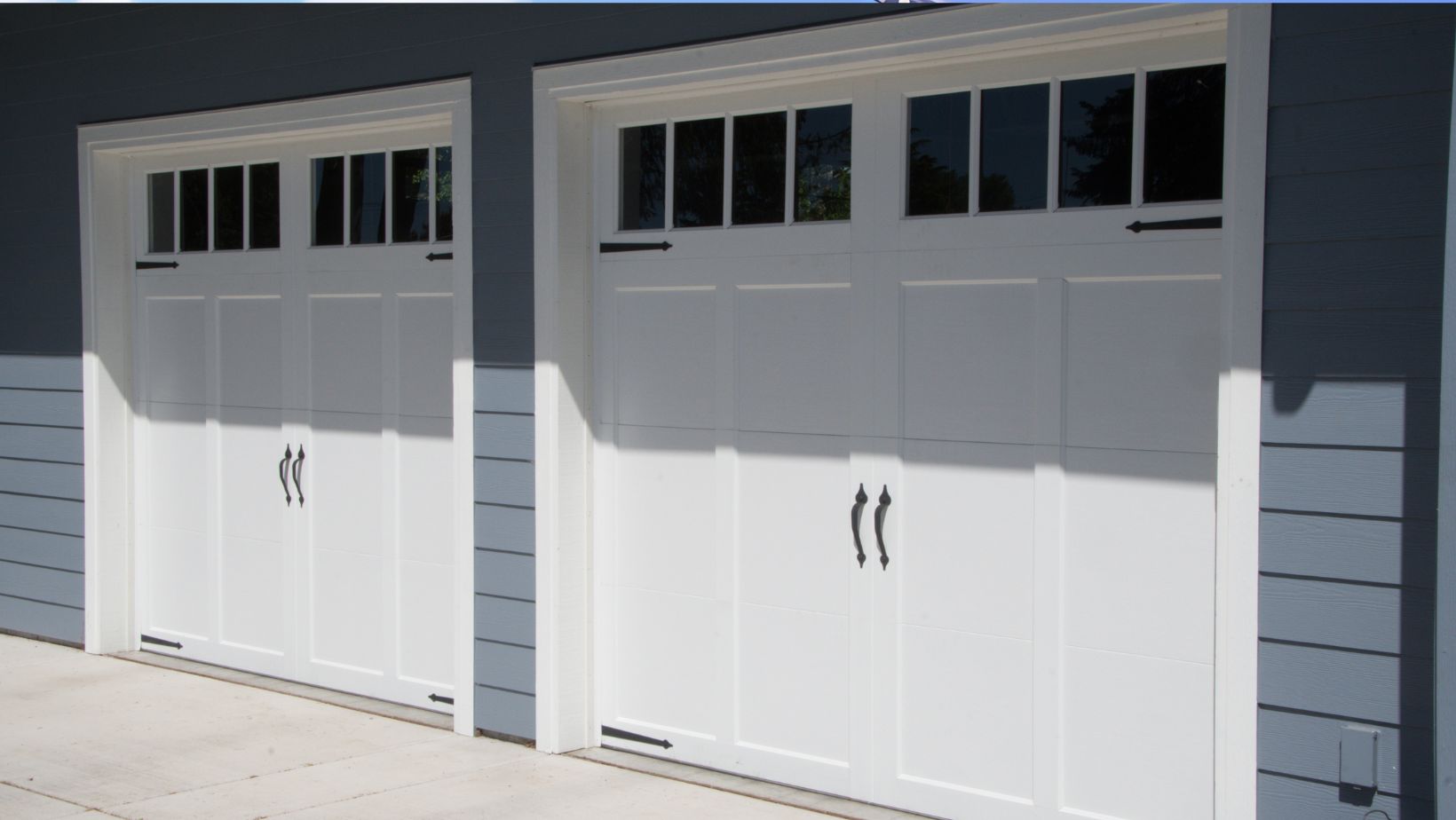Table of Contents
ToggleHow Cold is Too Cold for Cats in Garage
Cats are known for their love of warmth and comfort, so it’s important to ensure they have a safe and cozy environment, especially during colder months. Many cat owners wonder how cold is too cold for cats in the garage. While cats can tolerate lower temperatures compared to humans, there is still a limit to what they can withstand.
In general, experts recommend keeping the temperature in your garage above freezing point when housing cats. Cats are more susceptible to hypothermia and frostbite than humans, so it’s crucial to provide them with adequate shelter and insulation during chilly weather. Cold temperatures can be particularly dangerous for kittens, older cats, or those with health conditions.
It’s essential to monitor the temperature inside your garage regularly, using a thermometer if necessary. If you find that the temperature drops below 32°F (0°C), it may be too cold for your cat to stay comfortably. Providing additional heating solutions like heated beds or blankets can help create a warm environment for your feline friend. Remember that each cat is different, so observing their behavior and well-being will give you valuable insights into whether they’re comfortable or not in the garage during cold weather.
Why Cats Seek Shelter in Garages
Cats are known for their independent and curious nature, but when it comes to seeking warmth and shelter, they often turn to garages. Garages offer a relatively safe and secluded space for cats to escape from harsh weather conditions or predators. Additionally, the presence of stored items like boxes or vehicles can provide cozy nooks where cats can curl up and feel secure.

Understanding the Dangers of Cold Temperatures for Cats
While garages may offer some protection against the elements, it’s crucial to understand that cats are still susceptible to cold temperatures. Contrary to popular belief, cats are not immune to extreme cold and can suffer from hypothermia or frostbite if exposed to prolonged periods of low temperatures.
To ensure your feline friend stays safe in the garage during colder months, it’s important to maintain an ideal temperature range. While exact numbers may vary depending on factors such as breed and overall health, experts generally recommend keeping the garage temperature between 50°F (10°C) and 70°F (21°C).
Signs that Your Cat is Feeling Too Cold in the Garage
As responsible pet owners, it’s essential to be vigilant about recognizing signs that your cat may be feeling too cold in the garage. Some common indicators include:
- Shivering: If you notice your cat trembling or shivering excessively, it could be a sign that they’re struggling with the cold.
- Seeking Warmth: Pay attention if your cat seems constantly drawn towards warm spots in the garage, such as near heaters or sunlit areas.
- Curling Up: Cats naturally curl up into compact positions when trying to conserve body heat. If you see your cat consistently huddled tightly together or tucked away under blankets or towels, they may be trying to stay warm.
- Lethargy: Extreme cold can cause cats to become lethargic or less active than usual. If you notice a significant decrease in your cat’s energy levels, it could be due to the cold temperature.
By being aware of these signs and taking appropriate measures to maintain a comfortable temperature in the garage, you can ensure that your beloved feline companion stays warm and happy during colder seasons.
Remember, always consult with your veterinarian for specific guidance regarding the needs of your individual cat, as they will be able to provide tailored advice based on their knowledge of your pet’s health and breed.





